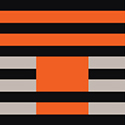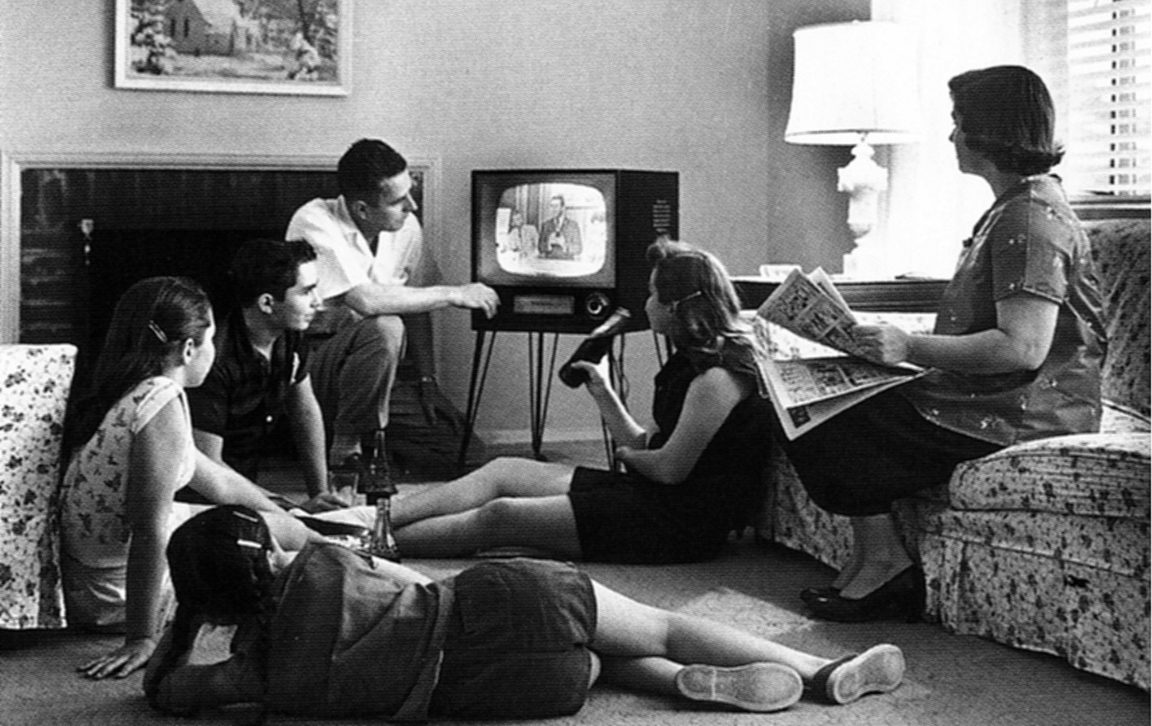Common Ground for a Common Cause
by Carol S. Hyman

Had there been a #MeToo movement when I was five years old, I would have qualified for it. It’s not surprising that as a young woman I suffered extreme emotional upheavals. The incipient women’s liberation movement had me flirting with the idea that my distress might have resulted from oppression by the patriarchy, so I went to a consciousness-raising seminar. It ended with an evening poetry reading to which I invited the man I was living with at the time.
All I remember of the event was a woman reading a poem about her anger toward a particular man. When she declaimed her desire to cut off an important part of his anatomy, the audience started clapping. Soon half the crowd was on their feet, cheering. My friend and I looked at each other and without a word, taking advantage of the fact that people around us were already standing, slipped past them and out the door as fast as we could. A few others also left. Walking away, we heard the applause finally end.
In the current parlance, I might call it a woke moment. Awareness that cultural assumptions about appropriate roles for men and women were hampering human potential had begun dawning on me, further fueling my desire to change society, but that applause made me shudder. “Off with their heads!” is generally an over-reaction, and the fact that a different appendage was being referenced hardly mitigated the mob mentality behind that ovation.
A movement harboring so many who were ready to demonize half the human population wasn’t a comfortable home for me and I looked for other ways to work with my angst. That search led me to mindfulness practice, the application of which over more than forty years has helped resolve much of my inner turmoil and brought insights that make me view the #MeToo movement with both sympathy and concern.
Bringing to light the pervasiveness of sexual harassment and abuse, and the harm it causes, is a necessary part of raising the consciousness of all of humanity. However zealotry and lack of discrimination between different kinds of transgressions put us in danger of promoting further polarization. We won’t progress as a species by focusing on what divides us, whether it’s by race, gender, nationality, political perspective, or the color of our eyes.
Instead, we’d do better to seek a common ground from which to explore our grievances, starting with that word, grievance. The dictionary defines it as a real or imagined wrong or cause for protest, especially unfair treatment. We could begin investigating by asking how we can tell what’s real and what might be imagined. Such discernment is difficult to accomplish when we believe everything we think and perpetuate our storylines, well, perpetually.
When we’re caught up in solid opinions, fearful for the future, and feeling we have to do something, anything, to right the wrongs we see around us, humans have a tendency to look for someone else to blame. Things would be better if only that person, or those people, would just…fill in the blank. Meanwhile, our blame-ees, who are likely to be just as convinced as we are that their own perspectives hold the truth, think it’s our fault. Round and round, the circle game of blame and complaint.
Yet that vicious circle starts, within each of us, with the desire for things to be better. We may differ in what we think will accomplish that, and in how broad our definition of “things” may be, but the fact that all except the most damaged of us would like to improve conditions for ourselves and others is at least a small beachhead of common ground.
We can touch that ground and initiate a virtuous circle by remembering that we swim in a sea of cultural assumptions and implicit biases of which we are, by definition, mostly unaware. Furthermore, we all carry part of what I think of as the human karmic load: the on-going tendencies that have, from time immemorial, resided in the human psyche. When we’re unconscious of them, those inner tendencies shape our narratives, and thus our world.
Reality is not a matter of opinion. It has its own patterns and norms, regardless of what we think. If we’re willing to explore and unpack assumptions, we can align our lives with the natural laws governing reality and build a society reflecting our inherent wisdom. Waking up means bringing the light of awareness to all our stuff.
Seeing how systems operate within ourselves brings the clarity to see how they operate in the world. Patriarchal oppression is an equal-opportunity affliction; its treatment calls for open-mindedness, compassion, humility, and humor. Really being woke starts with understanding that aggression breeds more aggression. Even if other people are carriers of confusion, causing them to cause harm, we don’t have to make them our enemies. If we stretch to understand how pain and fear propel them, those qualities don’t have to propel us.
One of first members of Congress wrote “Politicks is the science of good sense, applied to publick affairs.…” More than spelling has changed since then but applying common sense now suggests that when political extremes are ascending and the tendency to demonize others gaining traction, cutting others some slack might help us find common ground, and therefore be good politics. Because while individuals, governments, and corporations throw lawyers, guns, and money at our problems, a movement of those willing to do this inner work could truly be our last best hope.
We intuitively feel this truth: it’s possible to live decent, wholesome, meaningful lives that contribute to making our society, and the world, a better place. Mindfulness creates the space that invites fresh responses instead of angry reactions. We just need to take a good hard look at ourselves, connecting with the nature that underlies all our biases and assumptions, before we attack other people.
And once we’ve done that work, we’re a lot less likely to attack other people, period. Or to stand up and cheer when somebody cries, “Off with their…” whatever!





One thought on “#UsToo”
Thank you Carol. Well said.